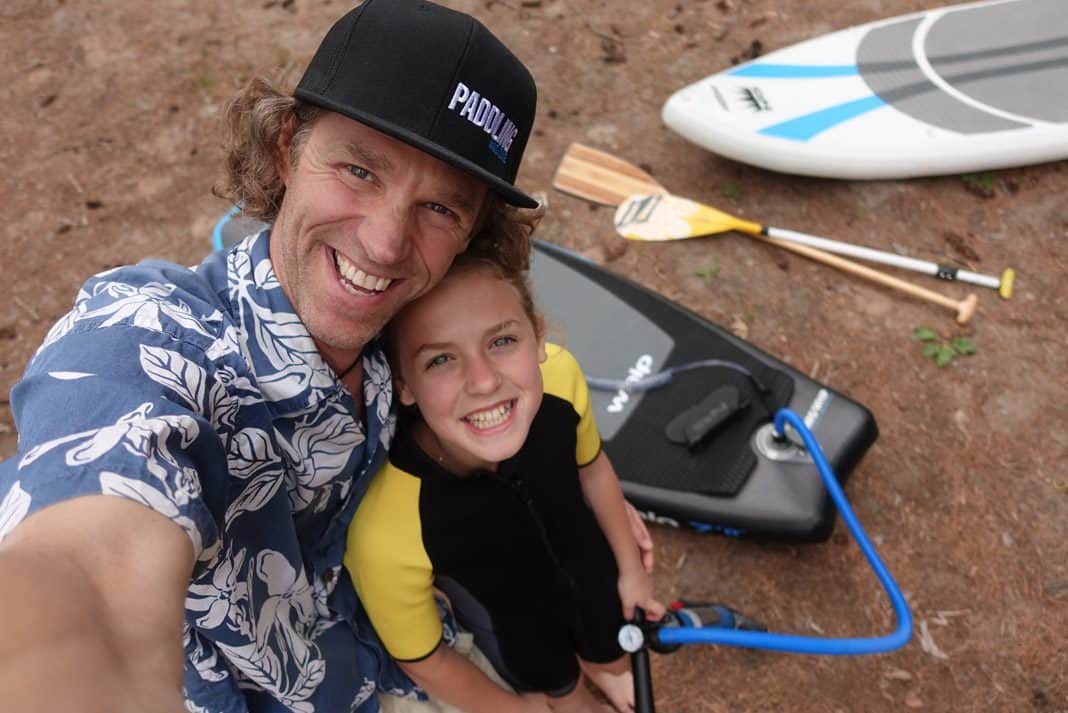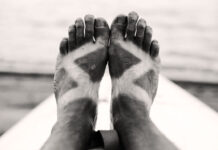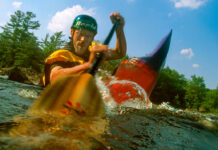For most of the last two million years, humans lived in a natural world. Living in a natural world one relies on nature for food and shelter, and early peoples would have spent a good part of their days outside. By comparison, the time we’ve spent indoors clumped together like lab rats in urban dwellings is just a sliver of the time we’ve spent on Earth. This shift from following caribou migration to picking up a box of microwavable lemon chicken in the freezer aisle of the supermarket is very recent and very dramatic. And it’s having powerful effects on our lives and our well-being.
Why Paddling Is Vital For Human Survival
Kuo isn’t a paddler, but she walks to her office on the lush University of Illinois campus where for 30 years she has been studying the effects of nature on humans. Humans living in today’s urban dwellings are like early zoo animals living in captivity, she says. When we are provided just the basics of food and shelter, we get by, but we fail to thrive.
According to habitat selection theory, animals are wired for whatever habitat we evolved in. Humans, just like the rest of the animals on the planet, thrive in a natural habitat physically, psychologically and socially. Kuo equates life in a two-bedroom condo to a 1950s circus zebra living in a cage.
Whether we are conscious of it or not, living in an unfit habitat we undergo social, physiological and physical breakdown.
Society has changed at extraordinary speed. Our DNA hasn’t. If you’re reading this magazine, you are probably getting enough water, food, shelter and feel reasonably safe from predators. We used to believe this was enough for animals in captivity, and anything else was a nice bonus.
It turns out, small perks like access to nature make both zoo animals and magazine publishers less mentally fatigued and better at handling stressful deadlines and challenging social situations.
Without access to nature, humans become more irritable and have difficulty handling conflict in productive ways.
In the podcast, Kuo shared results from studies where researchers looking at two identical urban housing projects—identical except one had mostly concrete
surroundings and the other a more natural landscape with trees, rocks and grass. Two years’ worth of police records show significantly higher reports of conflict and violence in the paved-over neighborhood than the more natural environment. A similar study looking at local drugstore prescriptions saw substantially fewer mood-related medications administered in greener urban areas. Residents exposed to a more natural world showed fewer signs of dissension, anxiety and depression.
Spending time in the natural world also strengthens our bodies’ natural immune systems.
After spending a few days in nature, researchers find measurable increases in what are known as natural killer cells. Natural killer cells are our bodies’ biological rapid response to viruses.Three-days in a forest reserve boasted these harmful cell crushers by 50 percent. Three days relaxing in an urban setting did nothing. Even better, 30 days later researches still found elevated immune levels of 25 percent in the bloodstream. What family doctor wouldn’t prescribe simple daily exposure to nature and a weekend paddling adventure at least every 30 days?
It’s possible to stimulate some of the positive health effects by misting natural fragrances, listening to the recordings of chirping crickets and changing your screensaver from flying toasters to a lush, green rainforest wallpaper. But the real thing is better. I’m no penned-in zebra but even I know watching an episode of Mutual of Omaha’s Wild Kingdom isn’t the same as running free on the arid grasslands of Ethiopia.
My modern, desk-bound urban-dwelling lifestyle doesn’t afford me the time to carve my paddles, craft my boats or hunt my own food. And so, my physical and mental health relies on getting outside using paddling gear like you’ll find on the following pages. Research would suggest yours does too. Thank you, Ming Kuo. I’m beginning to feel better already.
Scott MacGregor is the co-founder and publisher of Paddling Magazine. In the wild, zebras usually live to be between 20 to 30 years old; creekboaters about the same; lakewater canoeists, much longer; standup paddleboarders, too early to tell.









Great article Scott! We need nature, excersize, and social connections to thrive. Paddling is the best preventative health measure we can take! Now we just need doctors and companies to be more informed how these outdoor experiences replenish us, and make us better employees, partners and community members.
Thanks Sue. It was a fun one to write.
I really enjoy articles like this that go beyond the mechanics of paddling. Thank you.
You’re welcome Eric. More to it all than just strokes.